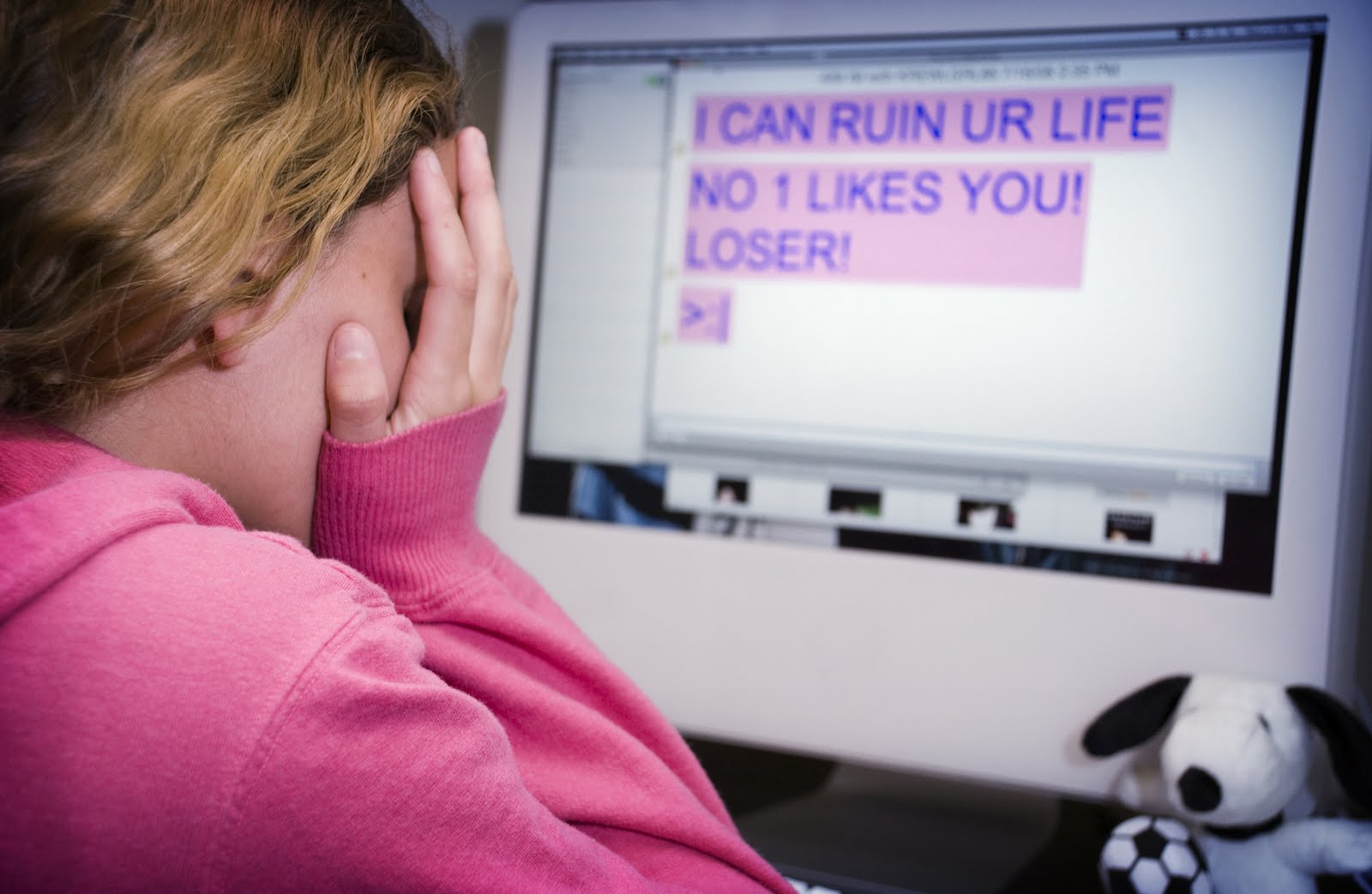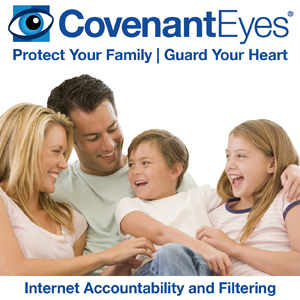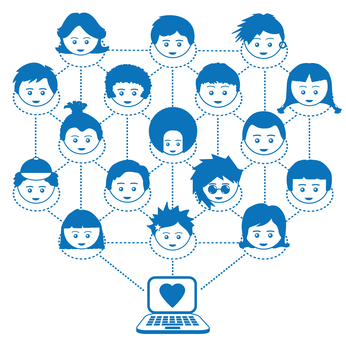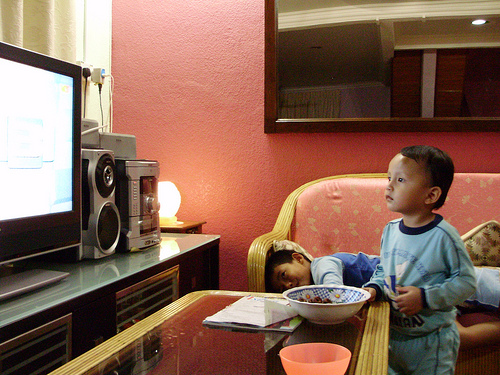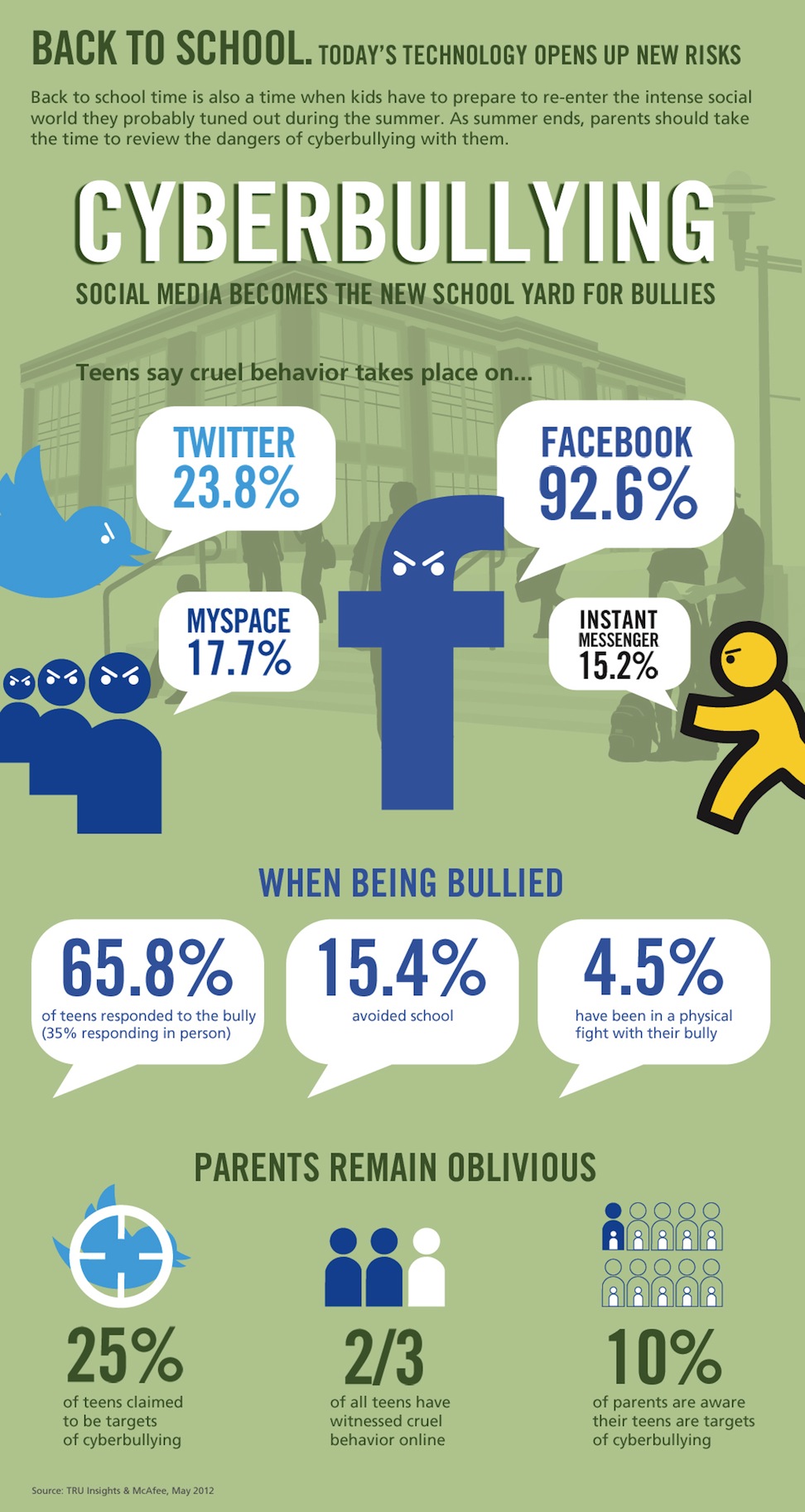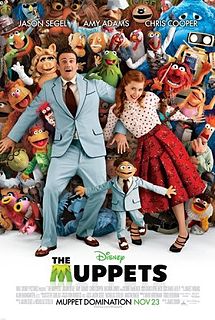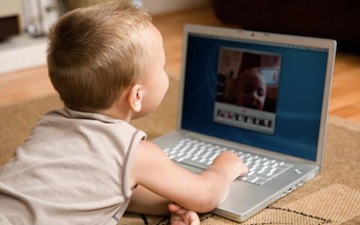 1 out of 40 Deal with Underage Identity Theft
1 out of 40 Deal with Underage Identity Theft
Identity theft is an ever-growing problem as generations grow up with the Internet at their side. This isn’t a crime that only happens to adults, as the Identity Theft Assistance Center reports 1 out of 40 households deal with identity theft of underage members. Thieves target minors for social security numbers not already used to obtain credit and jobs. The Parent Teachers Association and LifeLock have teamed up to help parents and children understand online dangers and how to avoid them so they stay safe.
Interactive Tools to Present Dangers of Identity Theft
The PTA and LifeLock are creating interactive tools and learning kits to present the dangers of identity theft and online activity in a kid-friendly way throughout 2014. The goal is to have engaging tools that teach children to stay safe during online activities. The program also teaches the specific dangers to keep in mind when they use the Internet. The tools target several audiences during the tools development process, with some kits designed to help parents thoroughly explain the issues to their kids, and others designed for classroom use.
Tips for Family Safety Online
First consider an Internet Filter or Monitoring program such as CovenantEyes for your children. It will not only help you keep tabs on what kind of websites they visit, but will allow you to filter dangerous or inappropriate website as well as monitor how often your child is on the internet.
SEE: CovenantEyes Review
Teach your children to only enter personal information on secured Web forms for approved services and websites. Make sure they know “https:” indicates secure webpages, as do common security seals such as McAfee Secure. Point out red flags in phishing emails that mimic a login page of a legitimate service. Often the phishing emails have bad spelling or grammar, use a website address that is close to, but not exactly, the legitimate URL, or send you to a different URL than the link’s anchor text. When your child discovers a phishing email, send it to the company it’s spoofing so they shut down the scammer.
Use anti-virus software that includes email and Web protection as part of the package. A typical anti-virus program only scans the files on your computer. Instead, use an anti-virus application that also checks email and websites to protect your children against phishing, malware, and trojans. The scheduling function ensures that your computer gets a full scan every day without fail, helping to minimize potential damage caused by a virus that got through the active protection.
Configure Windows Firewall or a third party firewall software to select which installed programs are permitted to access the Internet. Whitelist programs like Windows or iOS, your anti-virus software, and trusted online games. A whitelisted program always has firewall permission to connect to the Internet, while you get prompted by the firewall to allow other programs access on a case by case basis.
Social networks such as Facebook provide a range of tools to fine tune privacy settings on profiles, statuses, and other content shared on the website. Only allow your children’s Facebook friends or a custom list of friends to see their status updates, pictures, and other social network content. In addition, Facebook allows you to control who sees personal information on a profile, such as phone numbers, email addresses, and physical addresses.



